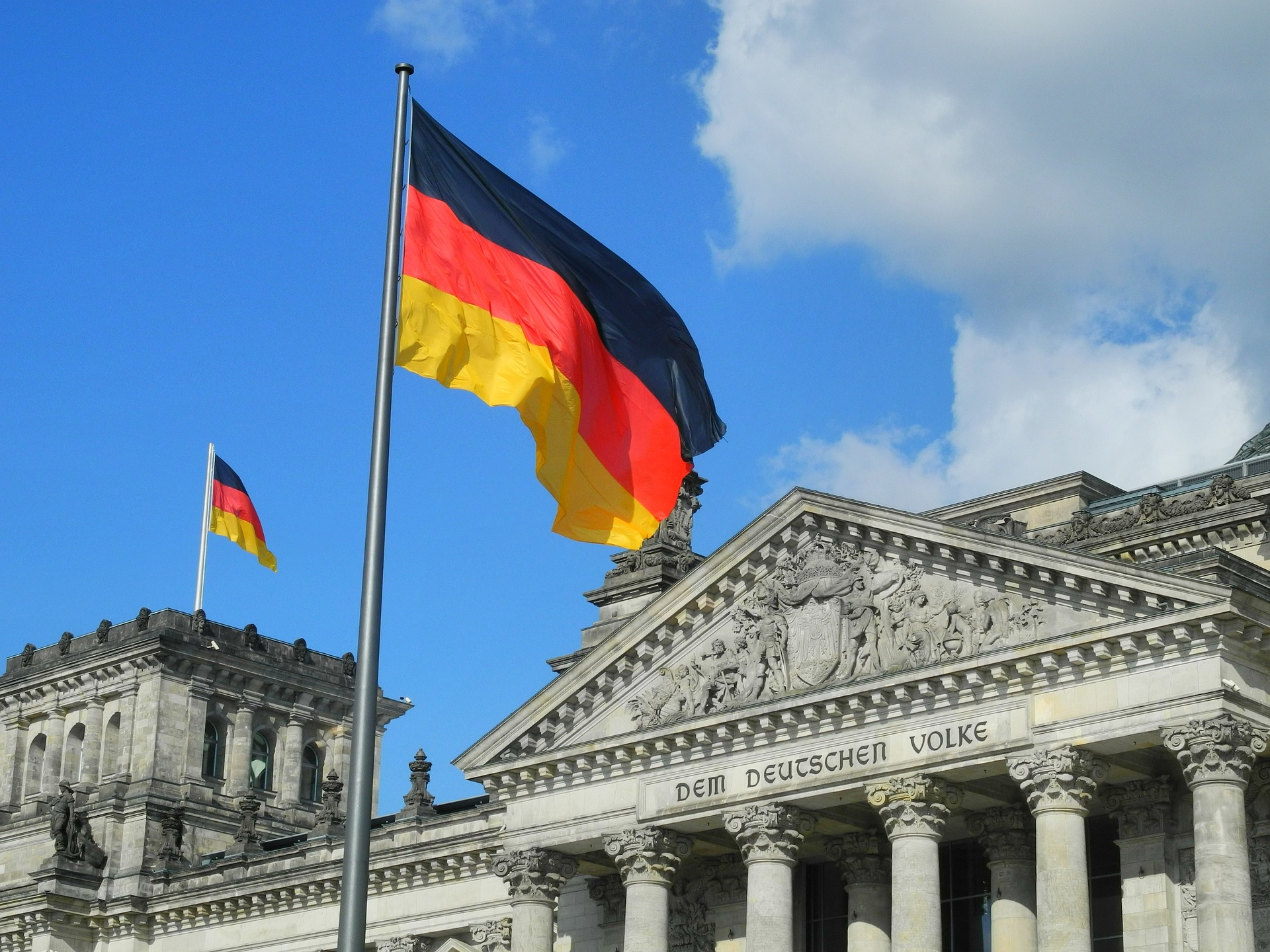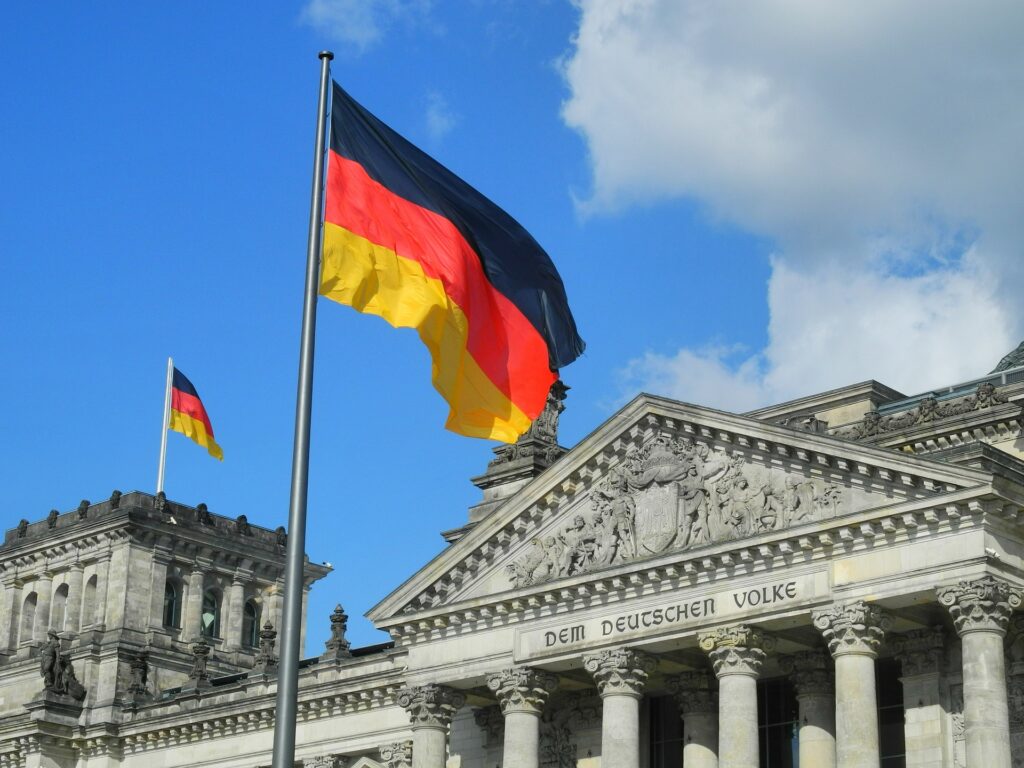
Image: Pixabay
Airports and bus and train stations across Germany were out of operation on Monday, causing disruption for millions of passengers hit by one of the biggest worker strikes in decades.
The 24-hour strikes called by trade union Verdi and rail and transport union EVG are the latest in months of strikes that are hitting major European economies under pressure from inflation.
{module Form RD}
The terminals were largely deserted after airports, including two of Germany's biggest in Munich and Frankfurt, suspended flights, while train services were canceled by operator Deutsche Bahn. Striking workers wearing yellow or red jackets sounded horns, sirens and whistles, held up banners and waved flags during the protests.
The ADV Airports Association estimated that 380,000 airline passengers were affected. In Frankfurt alone, almost 1,200 flights for 160,000 passengers were canceled and travelers had to sleep on benches. In Cologne, the lack of urban trains caused a run on taxis.
Workers are pressing for salary increases to mitigate the effects of inflation, which reached 9.3% in February. Germany, which relied heavily on Russia for gas before the war in Ukraine, has been particularly hard hit by higher prices, with inflation rates higher than the eurozone average in recent months.
Persistent cost pressures have led central banks to a series of interest rate hikes, although monetary policymakers have said it is too early to talk about a wage and price spiral.
A German government spokesman said on Monday that politics should stay out of pay negotiations, while Interior Minister Nancy Faeser expressed confidence that a solution would be found this week.
Source: Notícias Agrícolas











